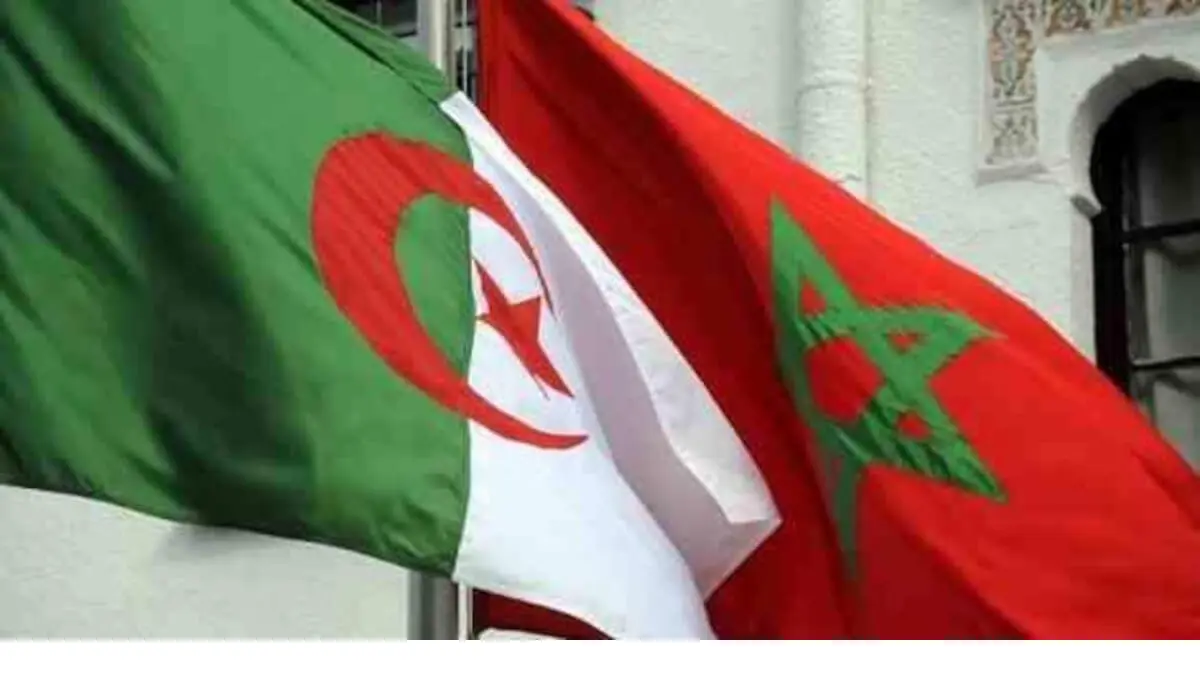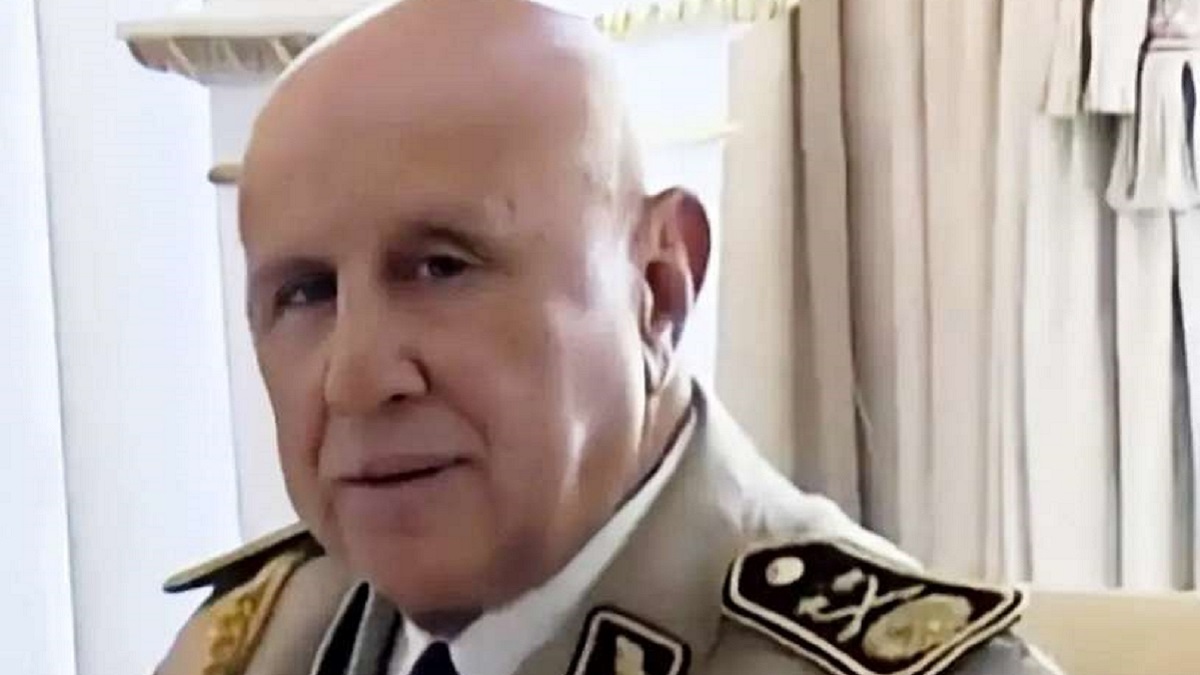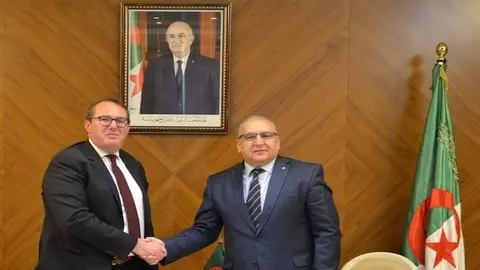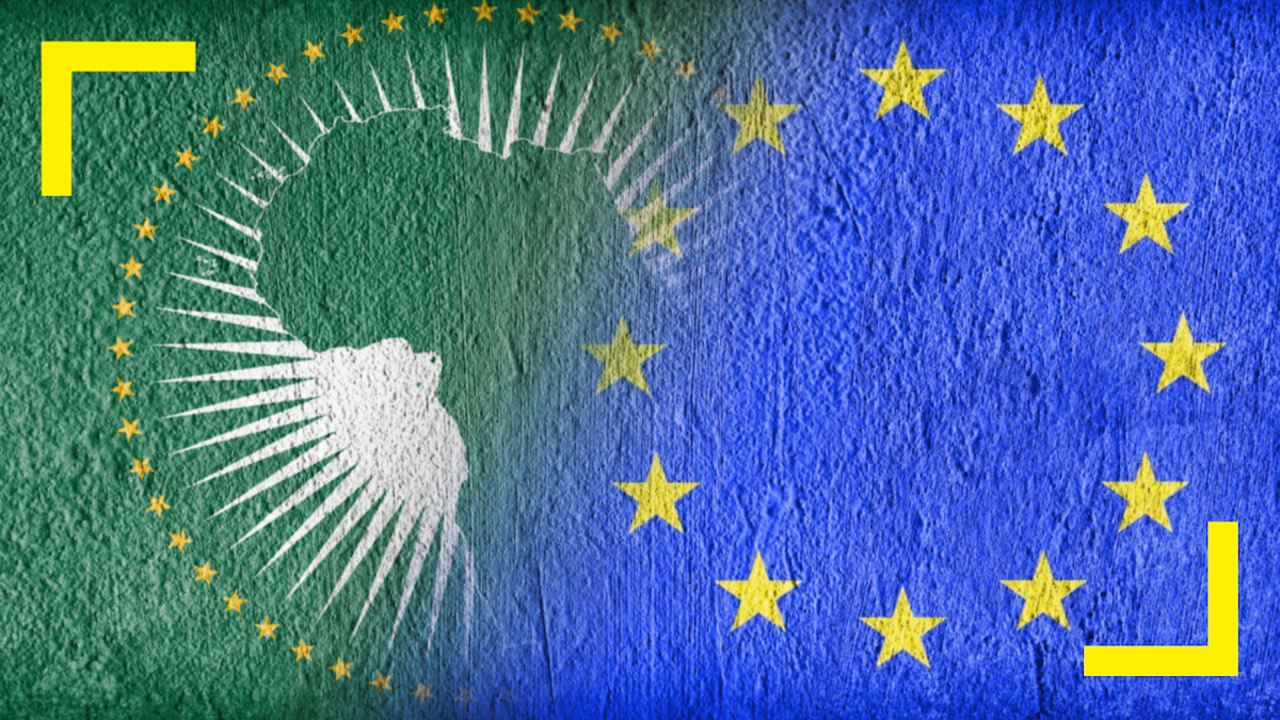Serious provocation by Algeria against Morocco

On Saturday 2 March, in a luxurious villa on the heights of Algiers, in the upmarket El-Biar district, an unusual activity was taking place far from the public eye. Half a dozen people had just unveiled a marble plaque with the inscription in Arabic and English "Office of the Rif representation in Algeria".
But what had gone through the Algerian leaders' minds? No one expected Algiers to host the representation of an independence movement unknown to Algerian and international public opinion. The recognition of this movement has not yet been announced either officially or in the press. The Algerian media have not uttered a single word on the subject. Only the banned website of Radio M, whose director, El-Kadi Ihsane, has been in prison for more than a year, has reported the events, showing great sympathy for the separatist movement.
Is it possible that the silence of the official and private media is concealing the differences between the various factions of a regime torn apart by deep infighting between the various secret services, which are proving to be the real decision-makers behind the scenes?
The Algerian regime's attitude
A few months ago, the foreign security services, led by General Djebbar Mehenna, failed in their attempt to create a separatist movement in the Rif by recruiting some young Moroccan expatriates to Europe. The attempt was believed to have failed. Now it has resurfaced, but this time with men claiming to be members of the Rif National Party, founded in 2021 in Europe and officially declared on 16 September 2023. Since its creation, the party has not found the slightest support either in the Rif, which it claims to represent, or in the international institutions it had addressed.
By harbouring a Moroccan separatist party, the Algerian regime raises many questions: is it the imminent disappearance of the Polisario that is driving the hawks in Algiers to seek a replacement for this movement? Or is it the desire to push the Moroccans to recognise the Movement for the Self-Determination of Kabylia, thus paving the way for an escalation of tension between the two countries that would justify the declaration of a state of emergency and the postponement of the presidential elections next December? All possibilities are open.

It should be noted that, in parallel to this recognition, which implies financial and political support for a Moroccan separatist movement, numerous sources indicate that elements of the General Directorate of Documentation and Security transferred arms to Niger, without the knowledge of the head of the 6th military region. A few days ago, the MAK denounced, through the mouth of its leader Ferhat Mehenni, the burial of arms in certain regions of Kabylia. These weapons are allegedly intended to provoke incidents in Kabylia attributed to the MAK. This suggests that preparations are being made to provoke unrest in the country in the run-up to the elections.
If the regime in Algiers believes it can replace the Polisario with this Moroccan Rif separatist movement, which has so far shown no popular support for its theses, it would certainly do well to review its plans. The situation that led to the creation of the Polisario in 1975, and its arming, financing and international promotion, is no longer relevant in 2024. Algeria itself has lost its 1970s aura and the beacon that attracted the revolutionary movements of yesteryear has faded. Today, Algeria maintains a low profile on the international stage, to the extent that it can no longer even respond to a summons from its ambassador in Kinshasa to explain the visit of the Algerian army chief of staff to Rwanda. A first in the annals of international diplomacy.
It is worth noting that at a time when the Algerian regime is taking the dangerous step of recognising and supporting the Rif separatist movement, Morocco has scored a resounding success with the Gulf Cooperation Council, which has renewed its recognition of the Sahara's Moroccan status and given it unwavering support in defending its territorial integrity. In other words, Algiers risks incurring the wrath of the Gulf Arab countries, and even European and African countries, after this unusual departure. And this is not good for a regime that has so far benefited from the complicit silence of the international community in its repression of the Algerian people. It would be an eye-opener for this community to help the Algerian people throw off the yoke of a caste that has led a country immensely rich in natural resources into bankruptcy and chaos.











